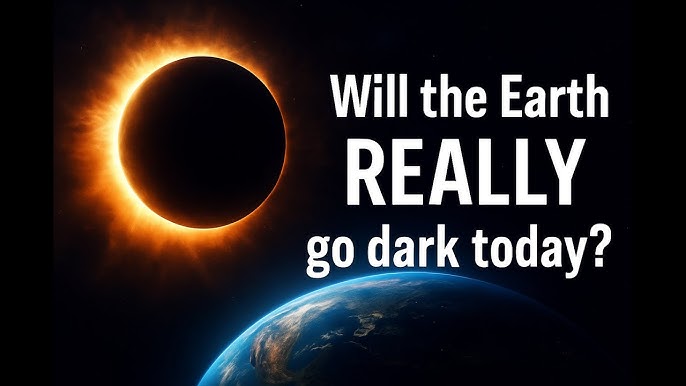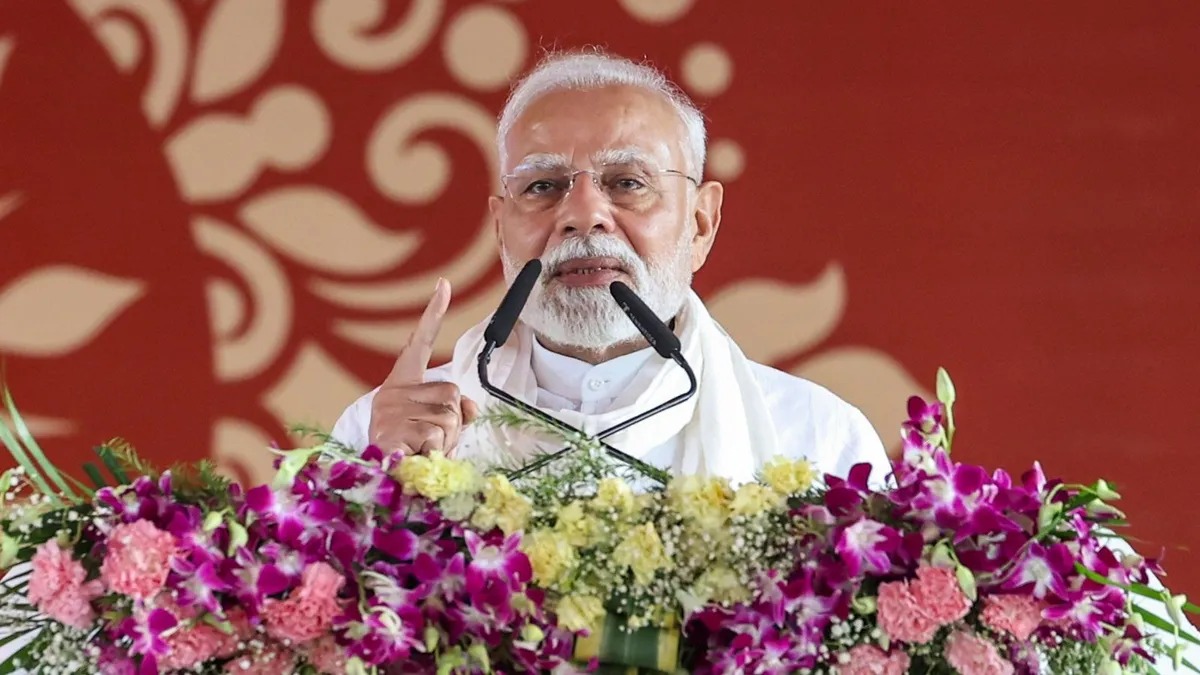 Image Source: YouTube
Image Source: YouTube
As whispers of a looming planetary blackout swept social media this week, NASA scientists and astronomers scrambled to set the record straight: there is no global blackout, no cataclysmic six minutes of darkness, and not even a total solar eclipse anywhere on Earth today, August 3, 2025. The viral claim, which circulated rapidly on platforms like TikTok, Facebook, and WhatsApp, has now been thoroughly debunked by space agencies, observatories, and astronomy experts worldwide.
How the Hoax Began
The alarm started with a sensational rumor: that on August 2 or 3, 2025, the world would plunge into complete darkness for six minutes because of a rare solar eclipse “not seen for a hundred years.” Images, videos, and memes fanned these fears, with many suggesting emergency preparations were needed for a once-in-a-century celestial event.
But according to NASA’s official eclipse calendar and top astronomers, this prediction is not only wrong—it’s scientifically impossible. The next major total solar eclipse that could cause extended darkness will occur on August 2, 2027, not in 2025. And even then, only a narrow path on Earth will experience totality, not the whole globe.
NASA’s Official Word: Fact vs. Fiction
NASA responded quickly and decisively:
“The viral claims about August 2025 are false. No total solar eclipse—or global blackout—is scheduled for that date. The real historic event is two years away, on August 2, 2027.”
Key facts:
No total solar eclipse takes place on August 2 or 3, 2025—or anywhere near these dates.
Instead, a partial solar eclipse is due later in 2025, on September 21, which will only be visible from parts of Africa, southern Asia, and Europe. This event will cause only a slight dimming—certainly not global darkness.
The next “eclipse of the century” is on August 2, 2027, when the moon’s shadow will create up to 6 minutes and 23 seconds of totality—but only across a narrow band through Spain, North Africa, and the Middle East. Most of the planet will see nothing out of the ordinary that day.
Why a Global Blackout is Impossible
Astronomers underscore that total solar eclipses are rare and highly localized:
The “path of totality” is usually around 160 miles wide, traversing specific regions while the remainder of the planet continues bathed in daylight.
Even the longest-known total eclipses never shadow the entire globe—only targeted land corridors experience brief darkness.
Scientific consensus is clear: no solar event can plunge the entire Earth into darkness at once. Local nightfall aside, the mechanics of celestial orbits render such a “global blackout” unfathomable.
The Science Behind Eclipses
-
A solar eclipse occurs only when the moon passes directly between the Earth and the sun during a new moon, momentarily blocking solar rays in a defined area.
-
Total eclipses are even rarer, visible only along specific paths—a tiny fraction of Earth’s surface at any given time.
-
Most people outside the path of totality see only a partial eclipse, which results in a partial dimming, not full darkness.
Debunking the Fear, Celebrating the Science
Astrophysicists caution the public not to fall for viral hoaxes—urging everyone to consult verified sources like NASA before panicking or sharing misinformation. As NASA reiterates, always check official eclipse schedules and understand how celestial events actually work.
There will be no unusual darkness today—just regular daylight across all continents. The only “blackout” happening is the one between facts and fiction on social media.
Looking Ahead
Mark your calendars: the next real astronomical spectacle occurs on August 2, 2027. On that day, people standing in a narrow path across Europe, North Africa, and the Middle East will witness the longest total solar eclipse visible on land for over a century—but with no threat to global daylight, power grids, or daily life.
Until then, enjoy the sunshine—and spread the word, not the rumors.
Sources: Times of India, Economic Times, Gulf News, Space.com, Hindustan Times, NASA official eclipse portal
Advertisement
Advertisement





